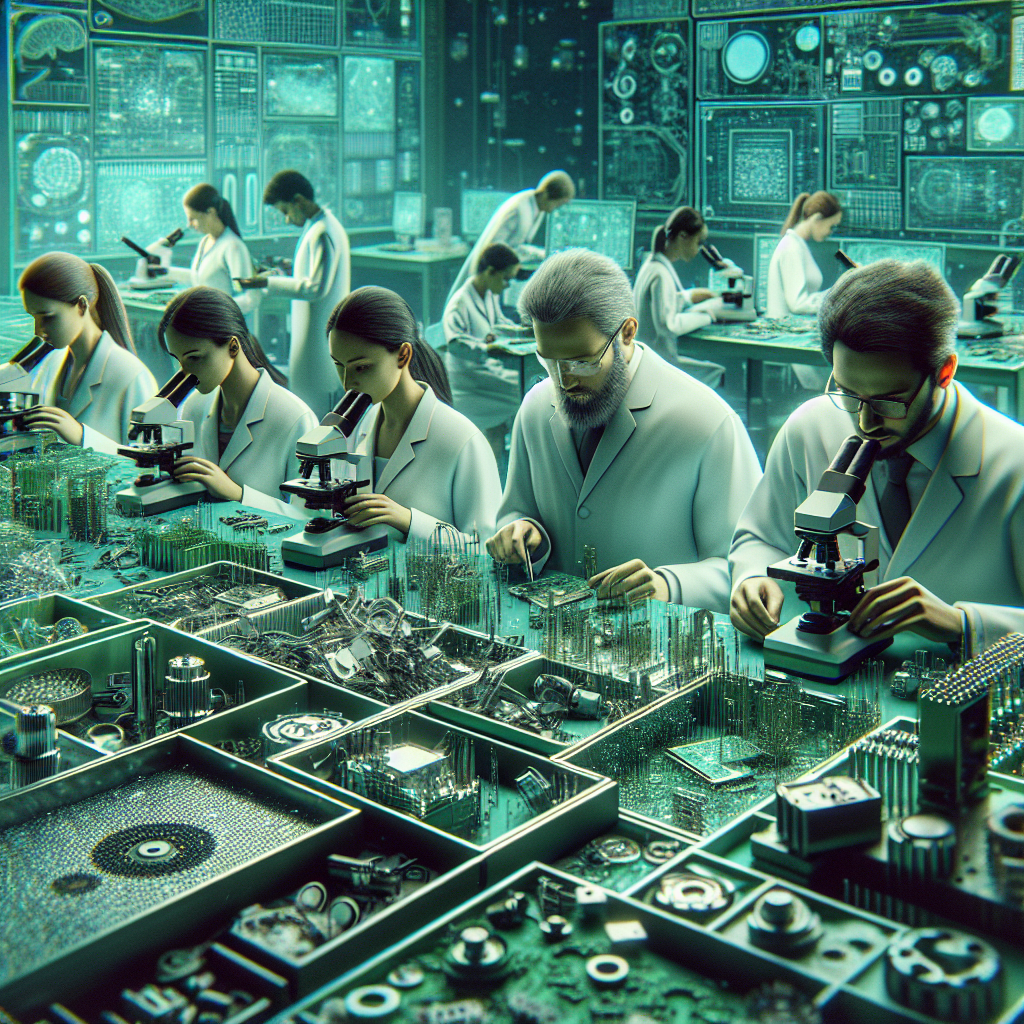Blog Ecobraz Eigre

The role of universities in electronics recycling innovation
Innovation in electronics recycling
Brazilian universities play a strategic role in developing technologies and methodologies to advance electronics recycling. Acting in applied research, technological development and the training of qualified professionals, these institutions contribute to the circular economy and the proper management of this waste.
Legal and regulatory context
The Brazilian legal framework, especially Law No. 13.708/2018, which regulates the reverse logistics of electrical and electronic equipment, underpins research and innovation actions. In addition, the National Solid Waste Management Information System (SINIR) (sinir.gov.br) provides data and guidelines for establishing efficient processes.
Technological research and applied development
Higher education institutions promote studies on automated disassembly, recovery of valuable materials and advanced sorting methods. Research in chemical and materials engineering facilitates the safe and efficient extraction of critical components, guaranteeing a reduction in environmental impacts.
Professional training and technical qualification
In addition to research, qualified universities provide support to the production chain by training professionals specialized in e-waste management, environmental sustainability and recycling processes. The integration of technical, undergraduate and postgraduate courses provides a broad technical basis for tackling the sector's challenges.
Institutional cooperation and strategic partnerships
The partnerships signed between universities, government bodies and public sector organizations foster projects aimed at optimizing recycling techniques and promoting electronic waste collection, available for scheduling at electronic waste collection. This collaboration ensures alignment with national policies and the dissemination of best practices.
Safe disposal of digital media
Research also focuses on developing solutions for safe disposal of hard drives and digital media, promoting the sanitization of data and the proper reuse of physical components, protecting sensitive information in accordance with technical standards.
Environmental and social impacts
University involvement contributes to reducing the environmental impacts caused by the improper disposal of electronics. Innovation results in a reduction in the toxicity of waste and an increase in the efficiency of reusing materials, as well as generating skilled jobs in the recycling chain.
Conclusion
Brazilian universities are key to the advancement of electronics recycling, promoting research, innovation and technical training in line with the current regulatory framework. Their institutional role strengthens the circular economy and contributes to environmental sustainability.

Deixe um comentário
O seu endereço de e-mail não será publicado. Campos obrigatórios são marcados com *